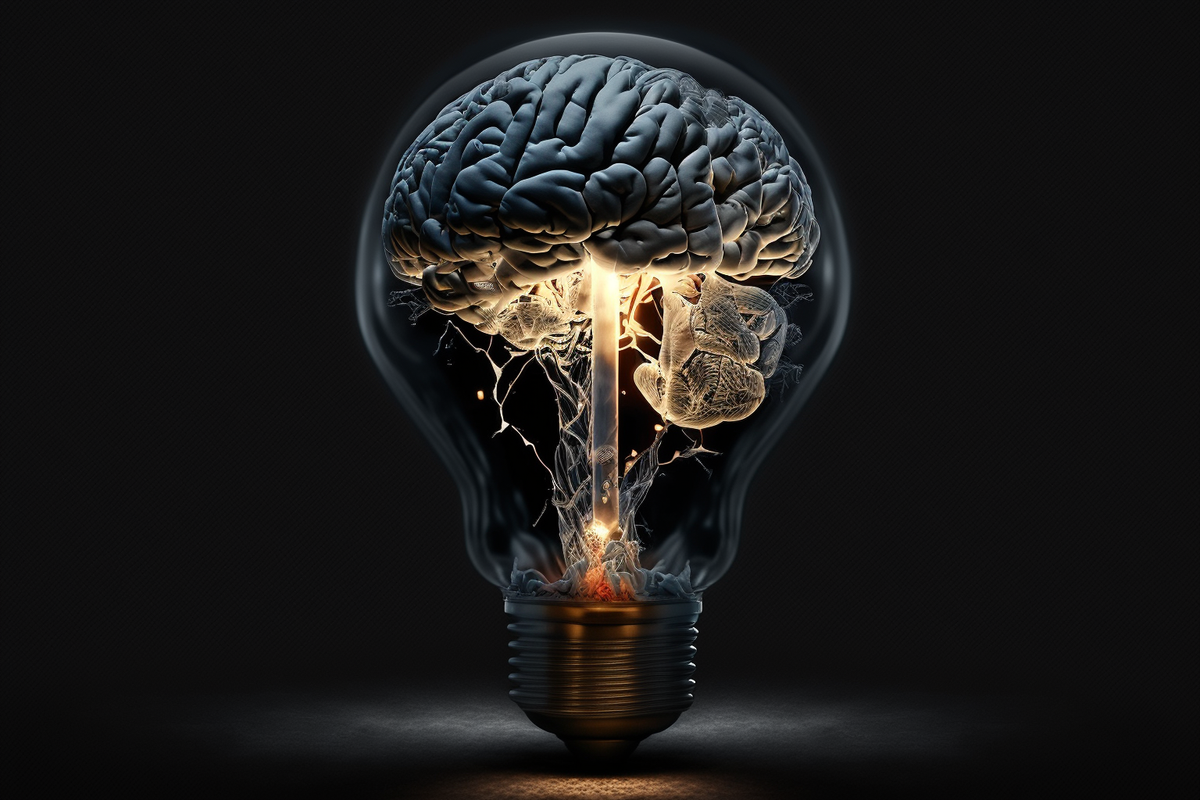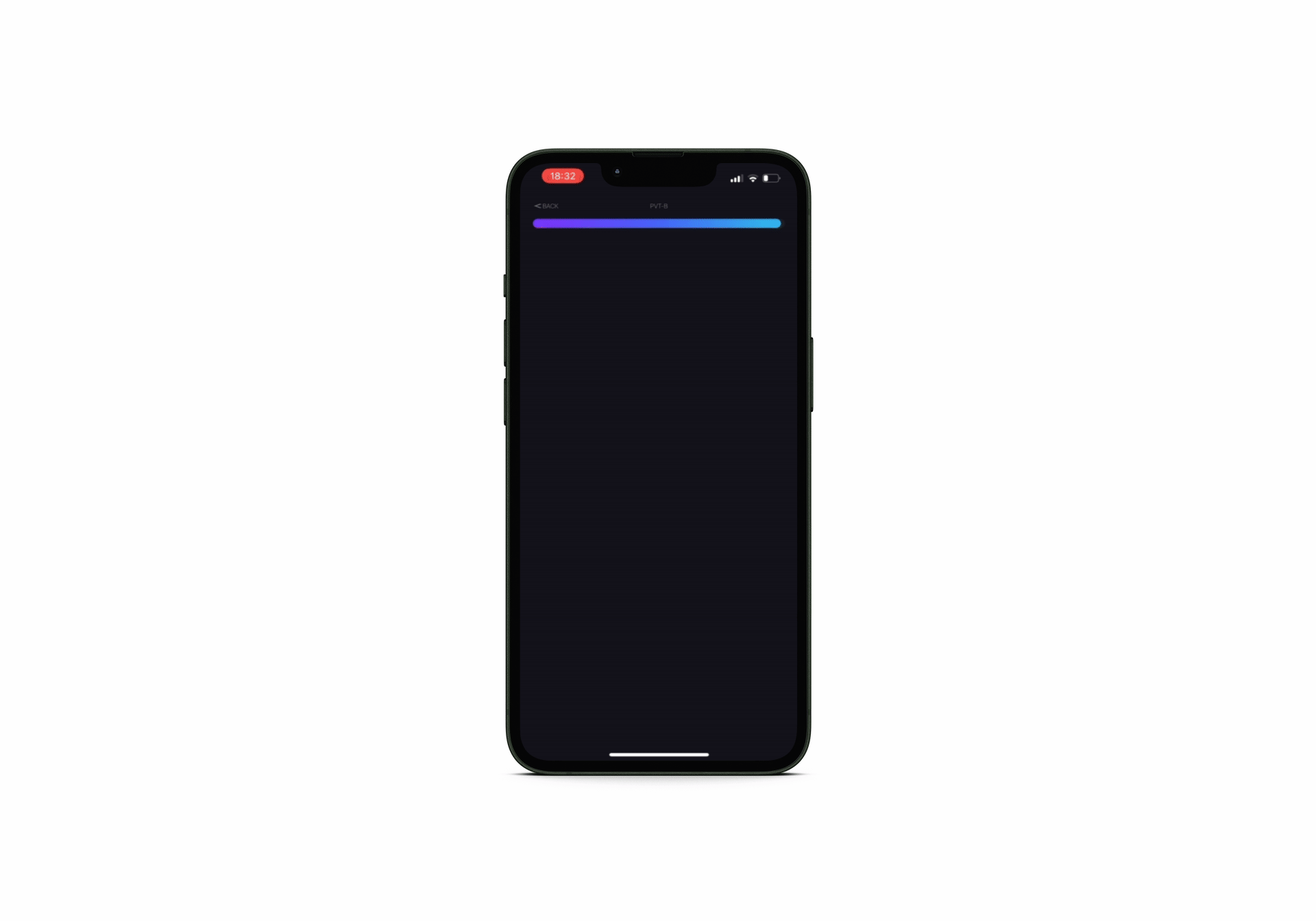How to Identify Mental Fatigue in Athletes: A Comprehensive Guide.
How to Identify Mental Fatigue in Athletes: A Comprehensive Guide.

Athletes, at all levels, may experience mental fatigue which can hinder their performance and impact their overall success. However, this type of fatigue is often overlooked, with signs more subtle than physical fatigue. As a result, it can be challenging to detect and assess an athlete's mental fatigue levels. This guide will cover the key signs of mental fatigue and provide an easy-to-use tool to help monitor and assess an athlete's mental state.
The Negative Impact of Mental Fatigue on Sports Performance
Mental fatigue can have a significant impact on an athlete's sports performance, leading to poor decisions, increased mistakes, and underperformance. Research has shown that mental fatigue can impair endurance performance, motor skills, and decision-making abilities. In fact, 29 studies conducted between 2009 and April 2018 indicate that mental fatigue negatively affects sports performance.
The Importance of Monitoring Mental Fatigue
Given the significant impact of mental fatigue on sports performance, it is crucial to monitor this type of fatigue. Monitoring mental fatigue allows coaches and clubs to better predict performance, optimize training loads, and even prevent performance slumps. This type of monitoring is just as important as tracking physical fatigue, making it crucial for coaches to be equipped with the right tools to monitor mental fatigue.
The Psychomotor Vigilance Task (PVT)
The quickest way to assess an athlete's mental fatigue levels objectively is through the use of the Psychomotor Vigilance Task (PVT). This task involves presenting a visual stimulus to the athlete, who then must respond as quickly and accurately as possible. The PVT comes in 3, 5, and 10-minute versions, making it easy to monitor mental fatigue levels both pre- and post-training. By tracking the athlete's performance measures over several weeks, clear insights into their mental fatigue can be obtained, allowing coaches to detect any atypical changes.

Key Indicators of Mental Fatigue
When an athlete is experiencing mental fatigue, there are several key indicators to look for. These indicators include slower response times, increased response variation, and an increased lapse count. If an athlete is displaying these signs, it is likely they are experiencing mental fatigue and may require rest and recovery.
In conclusion, mental fatigue is a real and significant threat to athletes' performance. By monitoring this type of fatigue, coaches and clubs can better predict performance, optimize training loads, and prevent performance slumps. The PVT is a simple, yet effective tool to assess an athlete's mental fatigue levels, making it a must-have tool for coaches.
Summary
🧠 Mental fatigue can significantly impact an athlete's performance, leading to poor decision-making and underperformance.
👀 Key indicators of mental fatigue include slower response times, increased response variation, and an increased lapse count.
🔍 Monitoring mental fatigue is crucial for coaches to predict performance, optimize training loads, and prevent performance slumps.
📊 The Psychomotor Vigilance Task (PVT) is a quick and effective tool to objectively assess an athlete's mental fatigue levels.
📈 Research has shown that mental fatigue negatively affects sports performance, with 29 studies between 2009 and April 2018 indicating this.
💤 Athletes who display signs of mental fatigue may require rest and recovery.
🎯 Monitoring mental fatigue is just as important as tracking physical fatigue, making it crucial for coaches to be equipped with the right tools to monitor mental fatigue.
🌐 Connect With Us
🌍 Soma Technologies: Engineered to enhance human performance.
📸 Instagram: Dive into our world through exclusive photos and stories.
👥 Facebook: Join our community for the latest updates and discussions.
📈 LinkedIn: Connect with us professionally and stay informed about industry news.
🎥 YouTube: Watch our latest videos, tutorials.
🐦 X: Follow us for instant updates, news, and engaging tweets.
